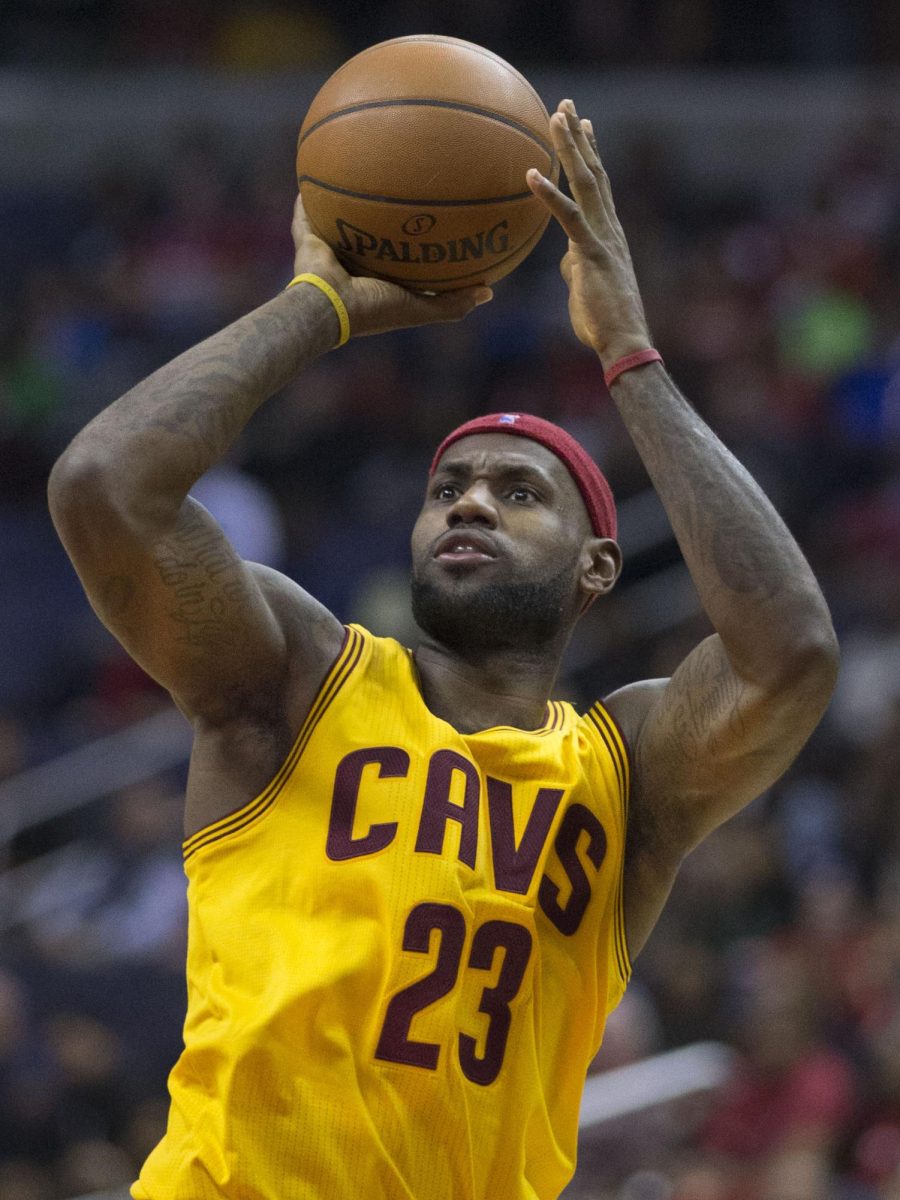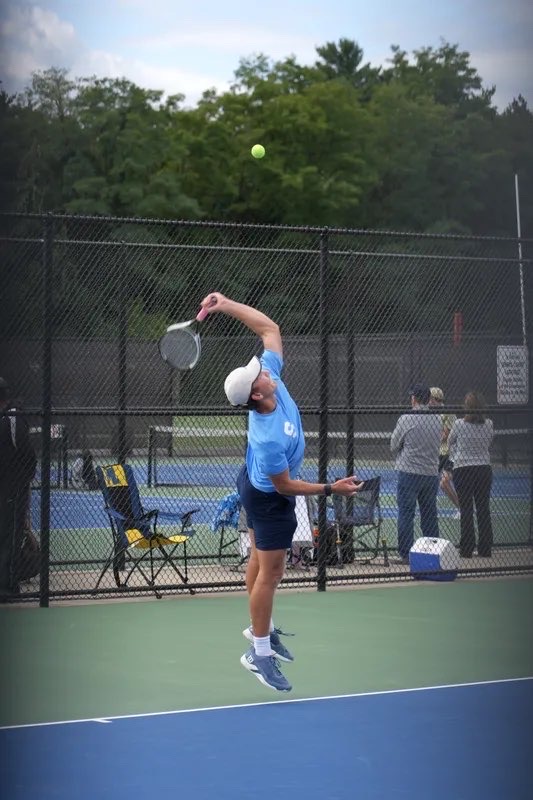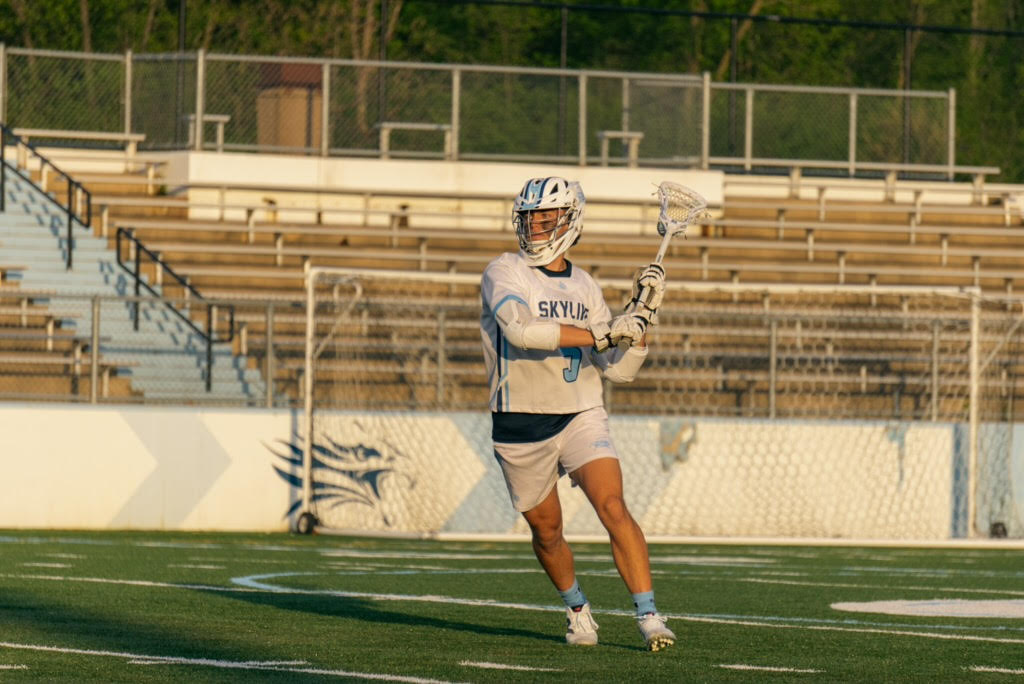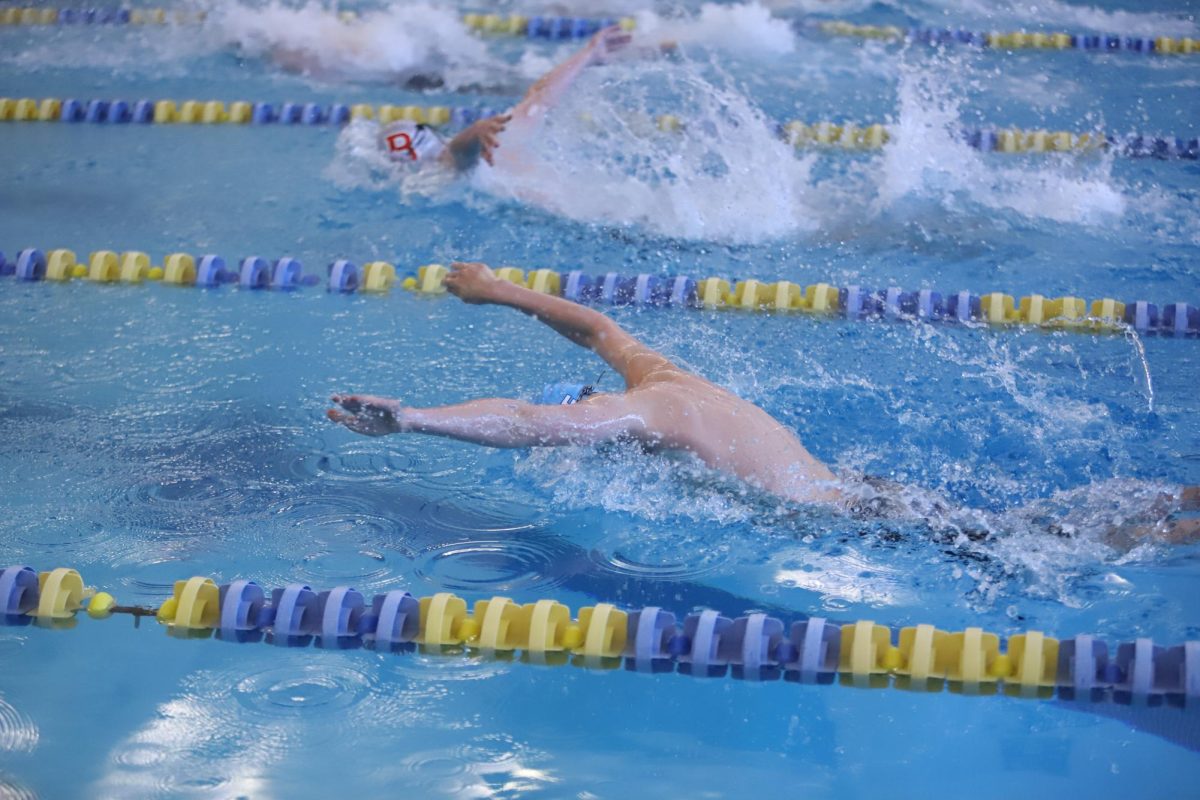Many students find it difficult to balance school, work, and practices. After these commitments, a lot of athletes don’t get home until 11 p.m. and still have to get ready for school the next day. You have to have some type of organization and stay caught up on work. If you’re not, it can get overwhelming quickly and make life feel crowded. 
Research has shown working and maintaining a life outside school can take a huge toll.
Often, we don’t check on our athletes about how they’re doing mentally. In response, The Skyline Post interviewed several Skyline student-athletes about how they balance their social, personal, and school lives; many of which have to work to provide for their families.
One theme that emerged was that students thought support from their peers helps them to manage sports, work, family time, and homework. One anonymous senior says, “I’m passionate about helping others and not just student-athletes, [but] anyone who needs to talk is welcome to come to see me.”’
Many reported that their families are their main help, taking them to practice or being there to support them for sports and homework.
“Family means everything to me,” says Tyrone King, Skyline junior and football player. “My dad gives me motivation because he works hard every day and it makes me want to do the same in my school work and sports. My father comes to support me at every football game. It makes me want to compete strongly for every sport I play.”
The Post was also curious about what techniques students use to relieve stress and relax. ”I love going outside and listening to ASMR [because] it helps me focus,’’ says freshmen student-athlete Emory Duffy.
Counselor Tiffany Kincaid has a lot of useful resources for athletes and all students on mental health, including mental health awareness groups and information about social and emotional wellness and coping skills. There are many support options for student-athletes so that everyone can thrive and enjoy their time at Skyline.






